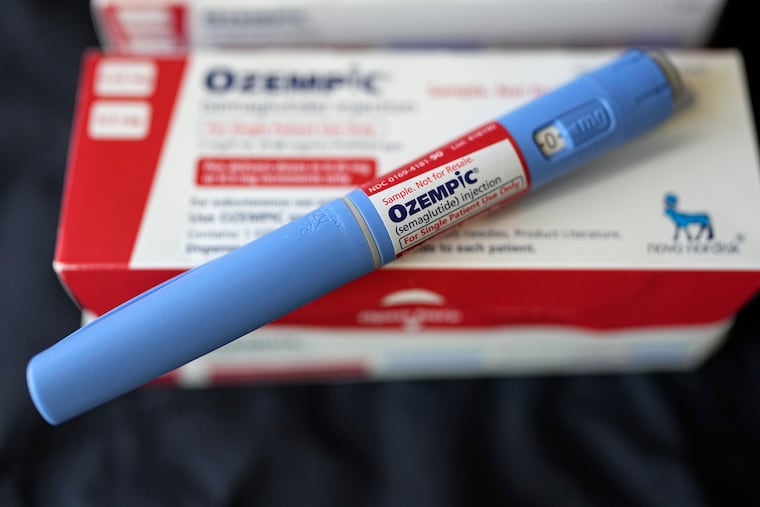Weight-loss drugs are in high demand. Here’s how to get your prescription filled quickly. | Expert Opinion
Doctors' offices and pharmacies are overwhelmed with demand, leading to delays.

New medical treatments with impressive results can sometimes produce a jumble of excitement and frustration.
That’s been the case with semaglutide (Ozempic, Wegovy) and tirzepatide (Mounjaro) which have shown excellent results in patients with and without diabetes who are trying to lose weight.
These drugs are so popular that primary care offices are drowning in requests for prescriptions, many of which require prior authorization for health insurance payment.
Pharmacies are also having trouble keeping these medications in stock due to high demand.
Some of these snarls are inevitable, but there are ways you can make the process of obtaining newer weight loss medications less of a hassle.
Check with your insurer
Contact your insurance prescription plan to see if the medication is covered and what your share of the cost may be.
Some questions to ask:
Which weight loss drugs are covered?
Do I only qualify for coverage if I have diabetes or pre-diabetes?
What is my copay for this medication?
Do I need a pre-authorization from insurance before I can fill the prescription?
Your doctor’s appointment will go much smoother if you have the answers to these questions in hand when you arrive.
Call the pharmacy
Check if the drug is in stock at your pharmacy.
It would be a shame to invest a lot of time and energy in obtaining drug information, authorization, and a prescription only to learn that your medication is expected to be out of stock for months.
Be patient
Due to the large volume of requests, it may take your care team some time to process them — even when you do your homework.
Some practices may require an office visit for any new prescriptions, or to discuss any possible adverse medication side effects.
Ask about office policy and when you can expect a response, then try not to deluge the office with follow-up queries. This will allow your primary care office to address your needs as efficiently as possible.
Jeffrey Millstein is an internist and regional medical director for Penn Primary Care.